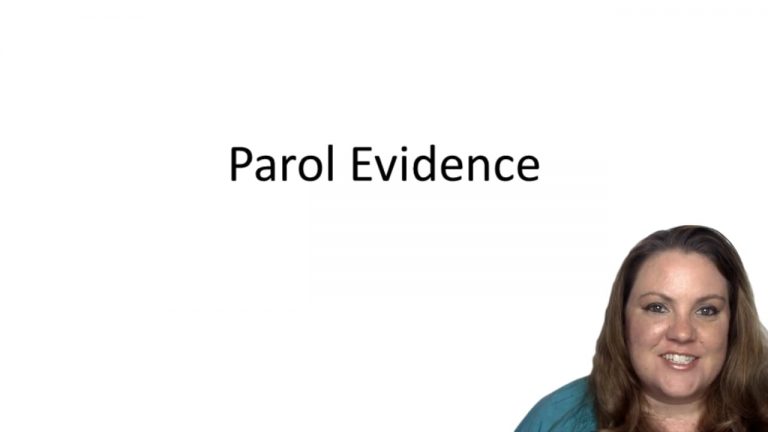SmartBrief
Confirm favorite deletion?
Contracts Keyed to Burton
J.J. Brooksbank Co. v. Budget Rent-A-Car Corp.
Citation:
337 N.W.2d 372Facts
In 1962, J.J. Brooksbank Company (hereinafter “Brooksbank”) (plaintiff) entered into a licensing agreement with Budget Rent-A-Car Corporation (hereinafter “Budget”) (defendant). Brooksbank, having entered into the agreement early in the history of the business, received an agreement that was more favorable than later licensees. In the beginning, Budget operated a telephone-based reservation system. Due to problems within the franchise system and an increase in the number of reservations, Budget transitioned to a central computerized reservation system. Following the transition to a new system, Brooksbank insisted that it should receive free reservations from any Budget reservation office under the parties’ 1962 licensing agreement. To avoid litigation over this issue, the parties entered into two agreements in 1970 and 1974. Under the 1970 and 1974 agreements, Budget would compensate Brooksbank for advertising and promotion expenditures in an amount approximating one-third of its costs relating to computerized reservations. But when the 1974 agreement expired, Budget refused to extend any more reservation cost reductions to Brooksbank. Budget alleged its obligation to give Brooksbank free reservations was no longer applicable given the new computerized system. As a result, Brooksbank brought a declaratory judgment action to determine its rights under the 1962 agreement. Budget argued that, given the transition to the computerized reservation system, it was excused from its obligations under the 1962 agreement.
Only StudyBuddy Pro offers the complete Case Brief Anatomy*
Access the most important case brief elements for optimal case understanding.
*Case Brief Anatomy includes: Brief Prologue, Complete Case Brief, Brief Epilogue
- The Brief Prologue provides necessary case brief introductory information and includes:
Topic:
Identifies the topic of law and where this case fits within your course outline.Parties:
Identifies the cast of characters involved in the case.Procedural Posture & History:
Shares the case history with how lower courts have ruled on the matter.Case Key Terms, Acts, Doctrines, etc.:
A case specific Legal Term Dictionary.Case Doctrines, Acts, Statutes, Amendments and Treatises:
Identifies and Defines Legal Authority used in this case.
- The Case Brief is the complete case summarized and authored in the traditional Law School I.R.A.C. format. The Pro case brief includes:
Brief Facts:
A Synopsis of the Facts of the case.Rule of Law:
Identifies the Legal Principle the Court used in deciding the case.Facts:
What are the factual circumstances that gave rise to the civil or criminal case? What is the relationship of the Parties that are involved in the case.Issue(s):
Lists the Questions of Law that are raised by the Facts of the case.Holding:
Shares the Court's answer to the legal questions raised in the issue.Concurring / Dissenting Opinions:
Includes valuable concurring or dissenting opinions and their key points.Reasoning and Analysis:
Identifies the chain of argument(s) which led the judges to rule as they did.
- The Brief Prologue closes the case brief with important forward-looking discussion and includes:
Policy:
Identifies the Policy if any that has been established by the case.Court Direction:
Shares where the Court went from here for this case.
Topic Resources
Topic Outline

 6m 23s
6m 23s